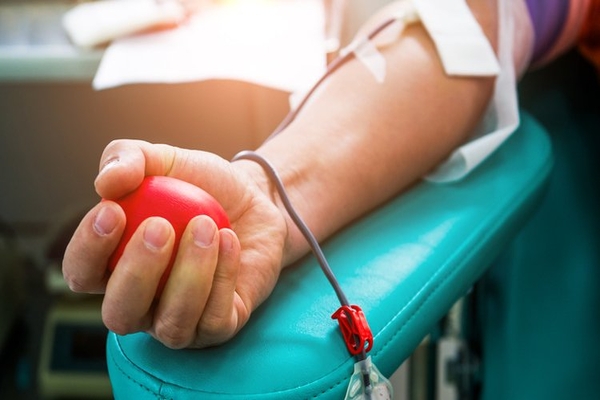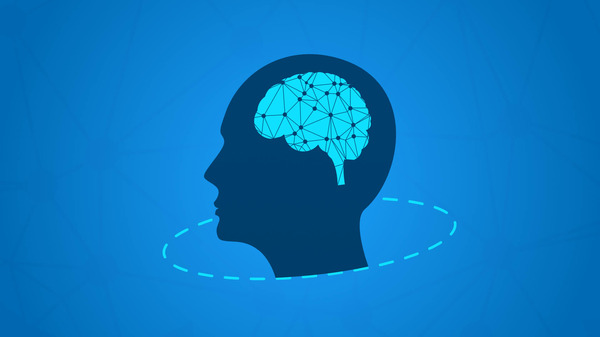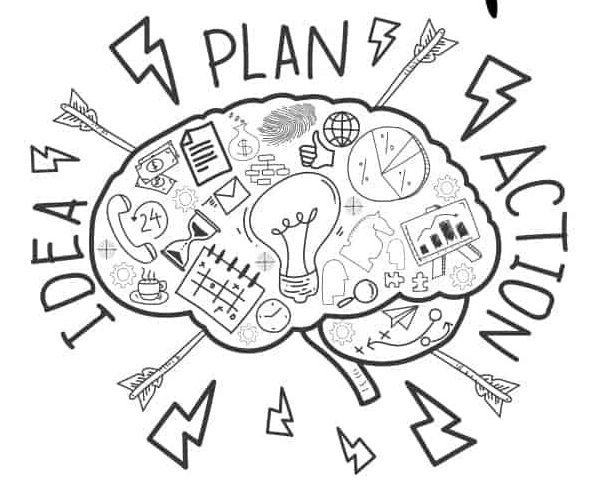There is no gift more precious than blood or organ donation! Also remember, each blood donation can save three lives.
Mind that in our country over 12,000 persons lives are lost every day in accidents or during delivery because the absolutely necessary blood was not transfused immediately.
Blood and blood products are essential resources for women suffering from bleeding in pregnancy and childbirth, children rendered severely anaemic due to malaria and malnutrition, persons with disorders of blood or bone marrow, haemoglobin and immune system. Victims of emergencies, trauma, and accidents and those undergoing surgical procedures may direly need it. The need for blood is universal, but access to blood for all those who need it is not. About 800 women die from pregnancy or childbirth-related complications every day. Most of these deaths occur in developing countries. The risk of maternal mortality is highest for adolescent girls under 15 years of age. Blood shortages are particularly acute in low- and middle-income countries. The issue of safety of blood is very important because easy way for cash addicts queue up to donate blood frequently under different identities. Stray cases thus spotted are pushed out from the cases by the blood collection teams. Blood from such donors is risky as it contains dangerous pathogens.
Every year just one percent of eligible persons donate blood in India. World Blood Donor Day on 14 June each year seeks to enhance awareness of the need for safe blood and blood products for transfusion, educate the lay people on the vital role of voluntary, unpaid blood donors in strengthening national health systems, and support country’s blood transfusion services, blood collection bodies and similar organisations by expanding blood donation programmes and campaigns. This year’s slogan of the World Blood Donor Day is, ‘Donating blood is an act of solidarity. Join the effort and save lives’ giving’ draws attention to the seminal role voluntary blood donations play in saving lives and enhancing solidarity within communities. Apart from appreciation for volunteers of this altruistic, moral act and conduct of meets, workshops, musical & artistic events, the activities of the day encourage regular, voluntary blood donation on regular basis.
Blood cannot be manufactured in laboratory. Hence it has only to be replenished from another live donor. A formidable difficulty with blood is our inability to segregate the components of blood since the patient may require only one of its components. Then, there are several taboos; blood or organ donation is just not acceptable to certain mindsets.
Blood donors are mostly student groups; others in the society also need to come to fore. Blood donor derives immense gratification by saving a life besides indirectly safeguarding oneself against a deadly condition of excessive iron, haemochromatosis (iron overload); more common among males, iron build up in such individuals can leading to heart disease and other health complications.
Blood shortages are universal
Worldwide, developing countries suffer from blood deficit. According to a Lancet study 107 of the 10 countries do not have adequate blood to meet domestic requirements; India fares very low in this category with shortage of 41 million units. Blood banks and services were struggling hard to keep the demand-supply in balance in Corona era due to reluctance of donors. Despite Corona evanescing, there has not been significant improvement in the perspective of blood donors. Interestingly, about 118.54 million blood donations are collected worldwide, 40 percent of these just in high-income countries that are home to percent of the world population.
To build a sound structure for collection, storage and supply of safe blood to the needy, the National Organ & Tissue Transplant Organisation website (www.notto.nic.in) provides updated information and online facility for registering pledges for organ donation.
Fears & myths
Certain visceral fears and myths like blood donation shall impinge upon health or cause blood deficit in the body, lead to infections or the belief that one with diabetes, blood pressure, etc. or the elderly must avoid it, dissuade the prospective donors. In reality, blood collection protocol debars those with lower than 12.5 gm percent or otherwise ineligible; blood donation prevents accumulation of excess iron from the body thus reducing the possibility of developing cardiovascular diseases. The human body has on an average 5-6 litre of blood and formation of new blood is an ongoing process so that at any point of time around one-tenth of it (350-450 ml) can always be spared. The quantum of blood donated quantitatively restores to normal level within 48 hours. Any healthy individual can donate blood four times a year with at interval of three months. After blood donation one can immediately resume work, the only advice is, (i) take 10 -12 glasses of water within 24 hours, (ii) avoid driving, excessive exposure to smoking or sun for 3 to 4 hours, and (iii) avoid alcohol for a couple of days.
Disease: No bar for donor
As for persons with medication for diabetes and hypertension, the condition should be within permitted range at the time of blood donation. Excepting those with medical conditions like sickle cell anaemia, certain cancers, tuberculosis, heart disease since past three years and still on medication any healthy individual up to 70 years of age can safely do it.
All religions and faiths proclaim the act of giving as one of the greatest virtues, many faiths endorse blood donation as a noble deed. The Hindu call it the greatest gift (Rakt daan mahadan); among Christians organ and tissue donations ethically acceptable as expression of love, charity. Let each of us contribute to the noble cause of donating blood.
.. .. .. .. .. .. .. .. .. .. .. .. .. .. .. .. .. .. .. .. .. .. .. .. .. .. .. .. .. .. .. .. .. .. .. .. .. .. .. .. .. .. .. .. .. ..
The short version of the article was carried in The Pioneer on 14 June 2022, the Tuesday. Link of online newspaper: https://www.dailypioneer.com/2022/columnists/let-us-donate-blood-because-we-can.html
—- —- —- —- —- —- —- —- —- —- —- —- —- —- —- —- —- —- —- —- —- —- —- —- —-




